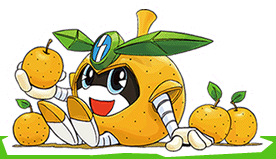Update date: June 27, 2017
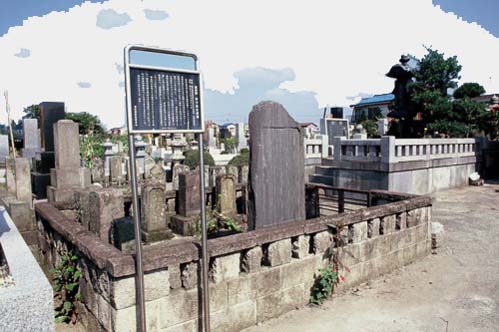
Takako Chogoro's Grave and Monument
Tomb of Takashi Chogoro (Historic site designated by Tokyo Metropolitan Government)
In the Oshitate communal cemetery Takako Chogoro In one corner of the tomb, there is a stone monument that records Chogoro's career. Monument to the virtue ) is being built.
Chogoro was a farmer born in Osatate Village, and was known in the surrounding area for his filial piety towards his mother. Kanpo era In the first year (1741) from the shogunate reward As a reward for filial piety Ginko 20 were given, and then Vacant land And its Reclamation fee Chogoro was given 2 fields. town The remainder Cultivation This land is located on the west side of the cemetery. Filial piety "It was called "
like this Takako Chogoro Many of the stories about this place are based on legends, and very few related documents remain, but Monument to the virtue The "Record of Takayuki Chogoro's Visit to the Imperial Palace" (Osatate, Kiyoshi Kawasaki According to a historical document titled "Family Documents, 1927" reward It describes the background of the incident and Chogoro's career, so I will give you a brief overview of it.
Early life of Chogoro
Chogoro is Genroku He was born in 1690 to a farming family in Osatate Village. His family was not wealthy. while X3 and a half small Post-hole He lived in a house with a mother who lived in a small village. When he was six years old, his father died, and when he was 14, his elder sister and her husband, with whom he lived, died of an illness. He then married, but his wife died of an illness, and then his second wife also died of an illness, and he had the misfortune of living that way. After that, he began a difficult life supporting his mother, who was over 80 years old, and their three children. Despite these circumstances, he continued to be filial to his mother, but what kind of filial piety did he show? The document introduces several episodes, and they go something like this: In his spare time from farm work, he would firewood Because his mother was a natural alcoholic, firewood Whenever he returned home from selling, he would always buy some sake for his mother. On summer nights, he would stay up all night chasing mosquitoes at her bedside so that she wouldn't get bitten, and on winter nights, he would put his own clothes on her while she slept by the hearth.
Reward from the Edo Shogunate
This behavior spread to neighboring villages, and in Osatate village Headman From Osatachi Nitta It was then reported to the local governor of the Edo Shogunate. Magistrate of Temples and Shrines He was in charge of new rice fields and flood control policies in the Kanto region. Kanto Region Official I was in a job called Ooka Echizennokami Tadasuke It will be reported until the end of the period. Tadasuke Ooka summoned Chogoro to the Edo government office, praised his filial piety, and Ginko 20 sheets and 7 rice fields Reverse step It is recorded that he gave
but Ooka Echizen The reward given by the Kyoho Reforms It was positioned as one of the reward policies, and appears to have been implemented as part of the shogunate's control over rural areas.
Chogoro is Horeki era He passed away in 1761 at the age of 71, but 48 years later, in 1809, Kyoka poet Known as Ota Nanpo ( Shushan people ) is the Shogunate's Controlling accountant He visited the place while patrolling the Tama River and was so moved by Chogoro's story that he composed a song praising his deeds.
(Reference material: "Inagi City History", Volume 1, Part 4)
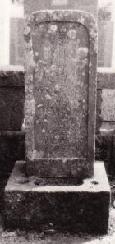
Tombstone of Chogoro
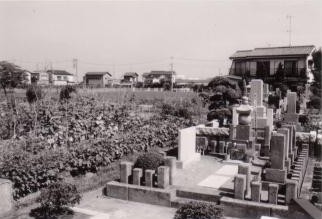
Koko's face on the west side of the Oshidate Cemetery
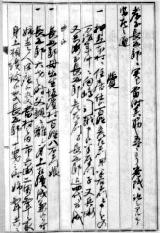
"Takashi Chogoro Ni Seki Suru Preliminary Report"
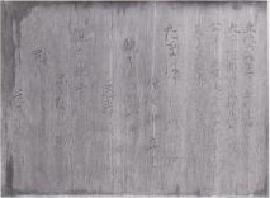
Song of Nanho Daejeon (back side of the monument)
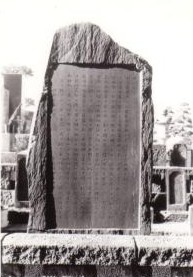
Monument of virtue erected in 1928













